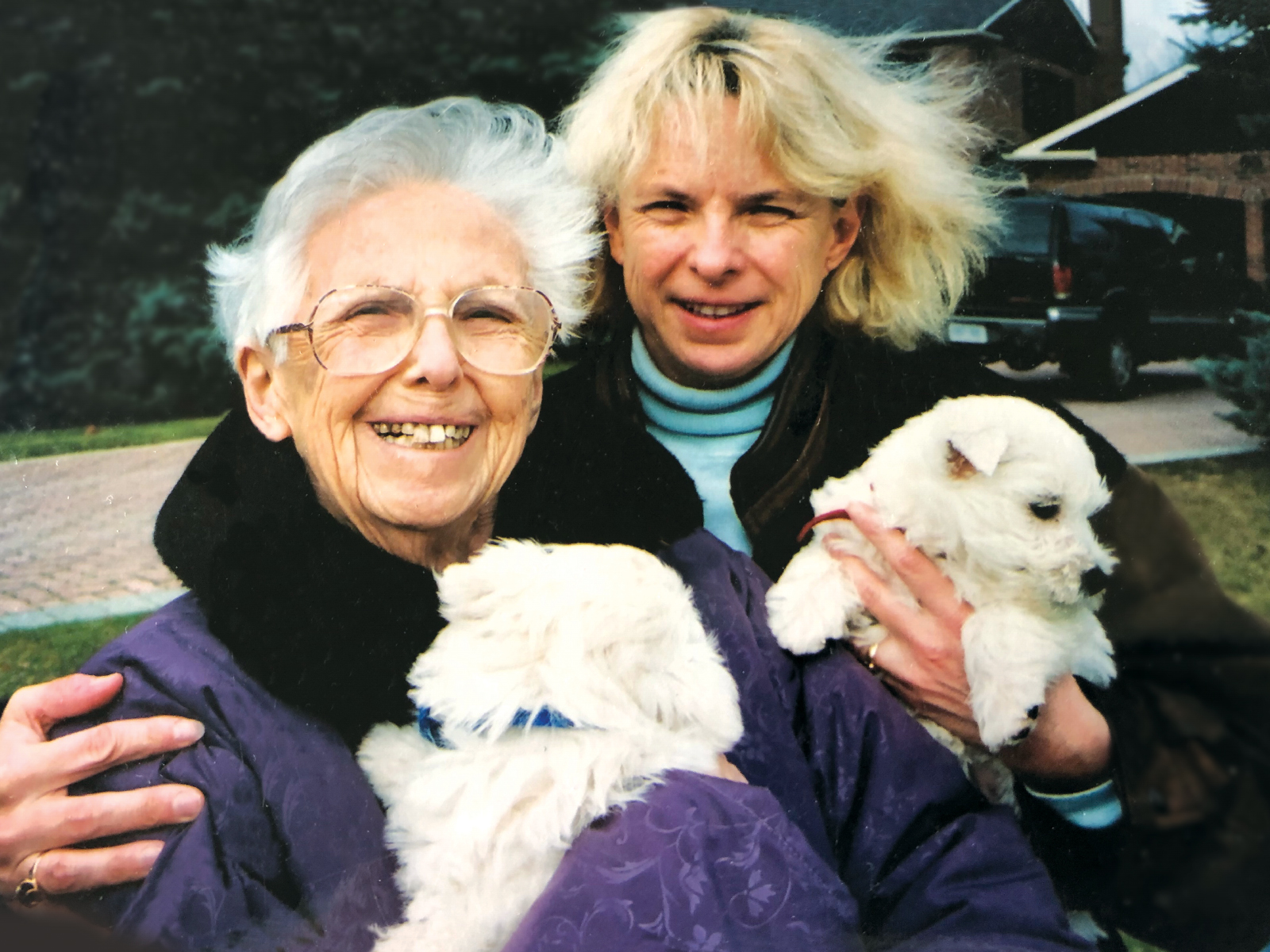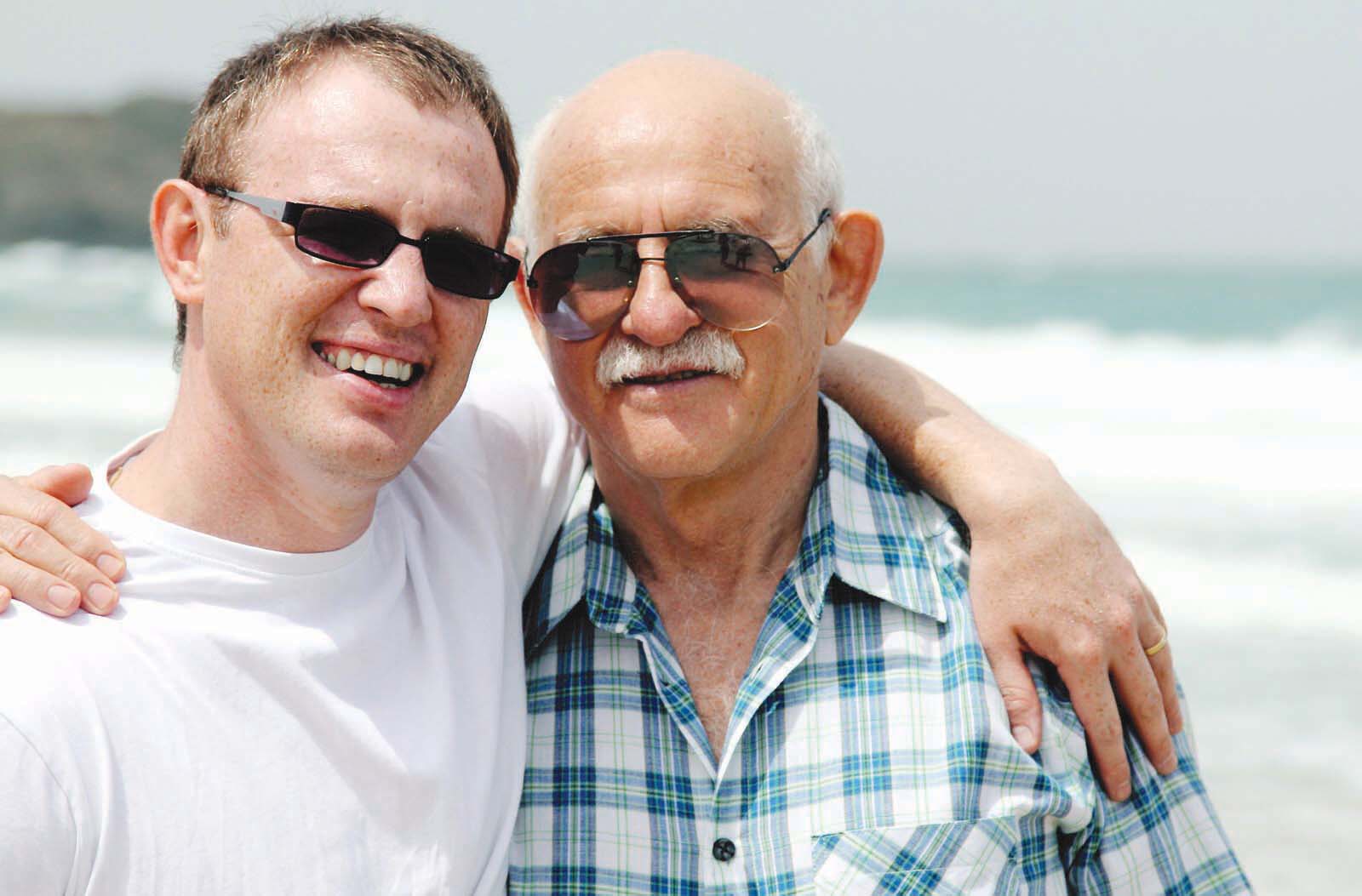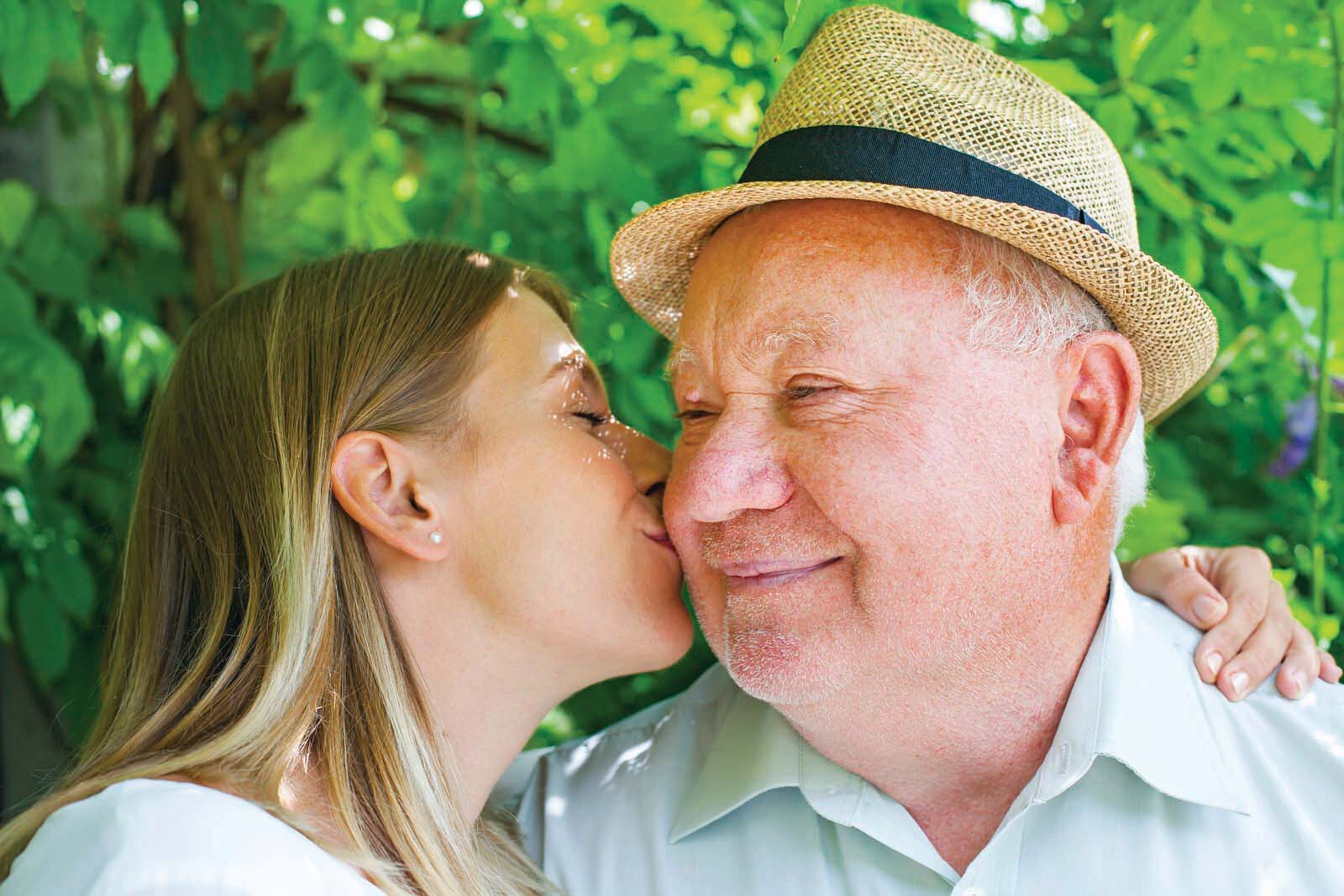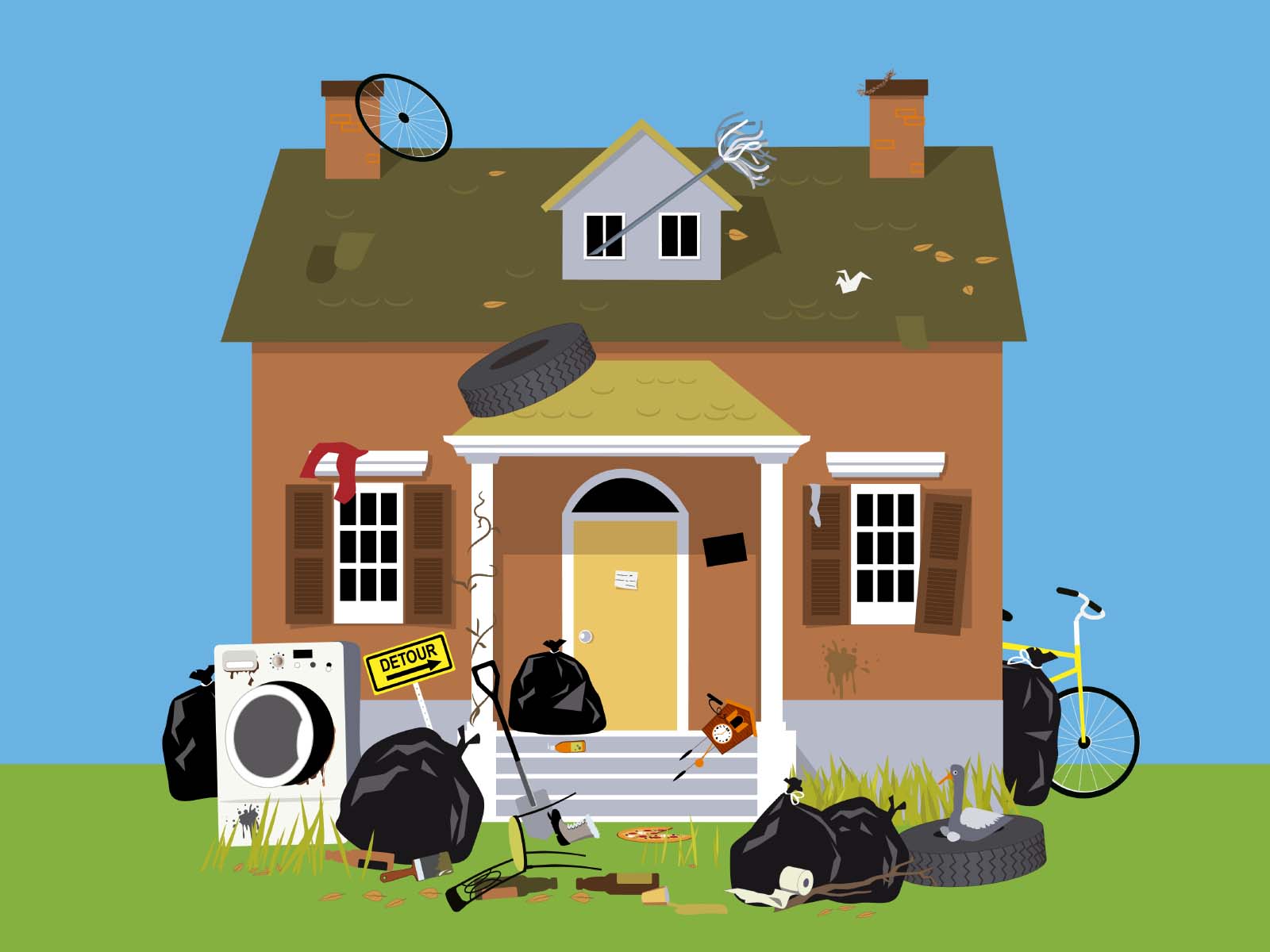By Mary Bart
Mom could spend countless hours collecting and organizing glass jars in the basement or rummaging and sorting through closets, bags and drawers. Not only was it frustrating to watch, but eventually it became dangerous.
Searching relentlessly for missing items, hiding possessions in unusual places or collecting items like old magazines or small household items of little value are not rare behaviours for a person living with dementia. Neither is the upsetting situation that occurs when a caregiver tries to reduce or stop them. So how should we cope with these changed behaviours in our loved ones?
Three challenges
Firstly, families need to accept and understand why a loved one is acting so oddly. The second challenge is for them to learn to manage the dynamic, ever-changing situations while also exploring new ways to keep their loved one safe, happy and busy with activities. Lastly, and this is often the most difficult step, they must remember to be kind, forgiving, patient and supportive.
Why this happens
Dementia causes physical changes in the brain that often result in confusion, impaired judgment and memory loss with hoarding and hiding as common, unintentional behaviours. Experts suggest they occur in order for the person to hold onto the past, feel in control and perhaps find comfort in their constantly-changing and confusing lives. Naturally, they don’t remember taking items, don’t remember where they placed things and don’t understand why they are acting this way. Often, things intensify as their faculties decrease. This is their “new normal.” So, being mindful of your reactions is pretty important. Strive to be gentle and patient. Focus your time and energy on keeping them safe, happy and busy.
Let’s take a look at how three families dealt with their loved ones hiding and hoarding.
Meet my mother, Caye

My mother lived with dementia for the last 10 years of her life and I was her principal caregiver. As her memory diminished, her confusion, emotional outbursts and poor judgment grew and she struggled to remember where she had put things and often accused family members of stealing from her. She hid cash in her dresser drawers or in her tea cups or in the linen closet. I learned her hiding places and every time I found the money she had stashed away Mom was quick with the excuses and explanations. We laughed together when my nickname for her became “my little squirrel,” as though she was preparing for winter. But hiding and hoarding things and being unable to distinguish what to keep and what to throw away gradually became potentially dangerous.
Hiding jars: In the basement, Mom collected dozens of glass jars from ketchup, mayo, pickles etc. Dad was shocked the day he found a few of them piled inside the clothes dryer. Soon after, I found jars meticulously lining the drum of the washer. I was beside myself. What if she’d turned on the machine and put her arms inside when she figured out the glass was breaking. She could have cut herself and bled to death on the basement floor!
Home, safe home: Immediately I knew I had to remove the jars and make their home safer and here’s what I did.
• Watched for stale, dated or spoiled foods.
• Checked hiding places daily.
• Replaced carbon monoxide and smoke detectors.
• Installed wireless door alarms to help us know when Mom was on the move.
• Moved throw rugs and locked up medicines, matches, cigarette or BBQ lighters.
• Removed clutter, especially around stairs and hallways.
• Moved garbage pails, plastic and paper away from stoves, microwaves and heaters. Checked for accidentally hidden items before using.
• Stored small appliances, garbage cans, and hid knives, graters and scissors.
• Locked basement door to prevent wandering or falling down stairs.
• Hid step stools and ladders. Locked freezer and turned off stove breakers when not in use.
• Removed toxic or dangerous products such as cleaning fluids and glue, and put razors, blades and soaps out of sight and reach.
• Disconnected the garbage compactors and disposals and hid in-room garbage cans.
My mother’s dementia taught me which of her actions and behaviours were quite harmless and when I had to intervene. And, above all, I learned how to cope once I recognized the need to accept, stay calm and come up with practical solutions to keep her safe.
Meet Dennis and Roger

Roger, 77, lives with dementia and shares his home with Dennis, his bachelor son.During the pandemic, Roger’s community-based day program has been cancelled and Dennis works from home. It’s a challenge and often frustrating for Dennis as she tries to juggle keeping his dad busy and content with his job and virtual meetings.
Keeping Roger occupied: Although his boss was understanding when Roger interrupted meetings because he wanted to go out, Dennis needed to acquire some new ideas for keeping Roger occupied. Here’s what he learned from his support group members to keep Roger active:
• Organize baskets and drawers, old keys, photos, wallets, purses, old credit cards and fake money that they can hide and sort.
• Collect family pictures they can peruse again.
• Give them a small clothes rack for hanging and re-hanging.
• Play their favourite tunes. It will get them up and dancing.
• Encourage sorting of plastic dishes, cups and food containers.
• Experiment with a variety of activities to find their favourites.
Meet Jessica and Edward

Jessica is a full-time carer for her 83-year-old grandpa. Although she loves him dearly, his dementia was wearing her out. Her own self-care and mood were suffering. So, she went to see a social worker at her local Alzheimer society and talked to her family.
Saving herself: Making a day plan to try and keep things on track as well as finding some quiet time in the day and some respite on the occasional weekend, helped Jess stay sane. Here are some of the best tips she got to help her stay organized, calm and start thinking about the day with grandpa a little differently.
• Try to understand why they are hiding and hoarding. Perhaps they are hungry, bored or have soiled themselves.
• Have safe snacks nearby when they get hungry so they can happily continue safe activities.
• Keep extra sets of glasses, hearing aids and keys for when they go missing.
• Consider the doctor your business partner. Keep him or her in the loop on all major issues.
• Be proactive and mindful of where you put your things so they don’t go missing.
• Arrange for family members or a volunteer to fill in so you can get a few hours respite.
• Install webcams in key rooms to give them space to roam and you a way to keep an eye on them, learn their new hiding places and review footage if items go missing.
• Be creative and calm. This is when a good sense of humour may save the day.
Precious moments
Because of my mother’s dementia, I personally know how hard it was to keep her safe, happy and busy. Many days I was honoured to do what I did and many days, I simply went out of my mind. But, I look back now and I’m proud of what I was able to do for her and remember the time we spent was limited and, oh so precious.
Mary Bart is the chair of Caregiving Matters, an internet-based charity that offers education and support to family caregivers.












